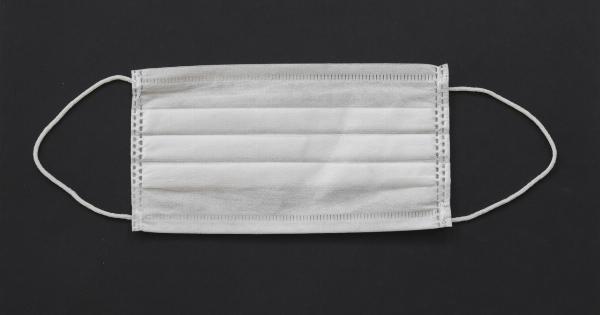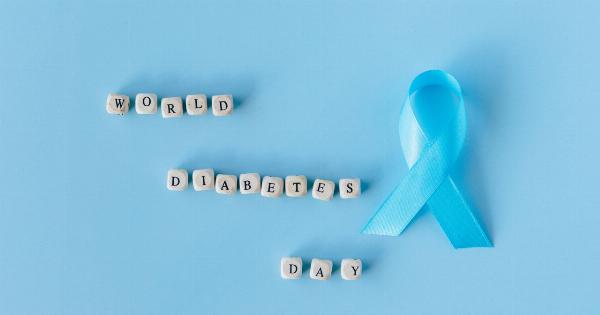Mycoplasma is a type of bacteria that can cause a range of infections in humans. These infections can affect various parts of the body, including the respiratory system, urinary tract, and genitals.
In some cases, mycoplasma infections may not cause any symptoms, while in other cases, they can lead to severe, potentially life-threatening conditions.
What are the Symptoms of Mycoplasma Infections?
The symptoms of mycoplasma infections can vary depending on the part of the body affected. For respiratory infections, common symptoms include:.
- Cough
- Sore throat
- Fever
- Headaches
- Chest pain
In some cases, mycoplasma infections can also cause pneumonia, which may lead to more severe symptoms, such as difficulty breathing and coughing up blood.
For genital and urinary tract infections, common symptoms include:.
- Pain or discomfort during urination
- Discharge from the penis or vagina
- Abdominal pain
- Bleeding between periods (in women)
How are Mycoplasma Infections Diagnosed?
If you suspect that you have a mycoplasma infection, you should see a healthcare provider as soon as possible. Your provider will likely perform a physical examination and ask about your symptoms.
They may also order tests to confirm the diagnosis, such as:.
- Blood tests
- Urine tests
- Swab tests of the affected area (mouth, lungs, genitals)
Once your provider has confirmed a mycoplasma infection, they will recommend a treatment plan based on the severity of your symptoms and the location of the infection.
What are the Treatment Options for Mycoplasma Infections?
Treatment for mycoplasma infections typically involves antibiotics, but the specific type of antibiotic used can depend on the location of the infection and other factors. Some common antibiotics used to treat mycoplasma infections include:.
- Azithromycin
- Doxycycline
- Erythromycin
- Clarithromycin
In some cases, your healthcare provider may also recommend over-the-counter pain medication, such as acetaminophen or ibuprofen, to help relieve symptoms like fever, headache, and body aches.
How can Mycoplasma Infections be Prevented?
The best way to prevent mycoplasma infections is to practice good hygiene and avoid contact with people who are sick. Other preventative measures include:.
- Practicing safe sex (using condoms)
- Washing your hands frequently
- Covering your mouth and nose when coughing or sneezing
- Staying home when you are sick
It is also important to seek prompt medical attention if you suspect that you have a mycoplasma infection, as early treatment can help prevent complications and the spread of the infection to others.
The Bottom Line
Mycoplasma infections are a type of bacterial infection that can cause a range of symptoms, depending on the location of the infection. Symptoms may include cough, sore throat, fever, pain during urination, and genital discharge.
Treatment typically involves antibiotics, and preventative measures include good hygiene practices and avoiding contact with sick individuals. If you suspect that you have a mycoplasma infection, be sure to see your healthcare provider for prompt diagnosis and treatment.






























